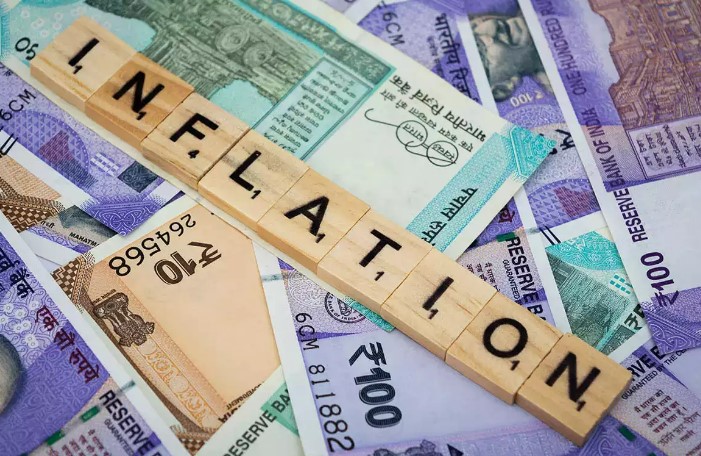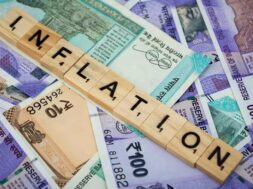
‘Fight against inflation longer because of uncertain economic conditions’
Virendra Pandit
New Delhi: Reserve Bank of India (RBI)’s attempts to pull down stubbornly high inflation might remain “dogged and prolonged” because of uncertain global economic conditions.
This observation in the RBI’s monthly bulletin came amid its rate-setting Monetary Policy Committee (MPC)’s attempts to combat inflationary pressures in the Indian economy, sparked mainly by the supply chain pressures rising from the inconclusive Russian-Ukraine war which started on February 24.
“While the persistence of headline CPI (Consumer Price Index) inflation above the tolerance band for three consecutive quarters (up to September) will trigger mandated accountability processes, monetary policy remains focussed on realigning inflation with the target,” according to a paper titled ‘State of the Economy’ published in the central bank’s bulletin.
Michael Patra, RBI Deputy Governor, and a member of the MPC, was among the co-authors of this paper, which, however, does not represent the official RBI views.
Inflation has been consistently above the MPC’s 2 to 6 percent target band for three consecutive quarters this year. This is the definition of failure under the flexible inflation-targeting framework.
This attempt, the paper said, involves two milestones: viz, bringing inflation within the tolerance band and lowering it to around its mid-point. This trajectory could only be gradual in view of the repeated shocks to which inflation has been subjected to both by epidemiological (Covid-19) and geopolitical causes.
Headline retail inflation measured by CPI rose from 7 percent in August to 7.41 percent in September. With September’s print, inflation has now completed three full years above the RBI’s medium-term target of 4 percent.
Since May, the MPC, trying to bring down inflation, has hiked the repo rate at which the RBI lends funds to banks, by 190 basis points. The repo rate currently stands at 5.9 percent and economists expect the MPC to hike it further up to 6.5 percent by March 2023.
According to the paper, headline inflation would gradually ease from its September high, albeit “stubbornly”, on the back of easing momentum and favorable base effects. These positive developments might be driven by food and beverages. Easing in international price pressures embodied in commodity and supply chain pressures are also likely to contribute to the softening of costs and prices, the paper showed.
The RBI expects inflation to average 6.7 percent in the current fiscal, 2022-2023, and then drop to 5 percent in the April-June quarter of 2023-2024, which would be closer to its target. RBI Governor Shaktikanta Das had given a two-year timeline for taming inflation to 4 percent.
Against this backdrop, any easing in inflation will inject confidence into both consumers and businesses, recharge animal spirits and investment and improve the international competitiveness of India’s exports, the paper said.
If the MPC succeeds in its endeavor, it will entrench India’s prospects as one of the fastest-growing economies of the world enjoying a negative inflation differential from the rest of the world, the paper said.
This “happy outcome” will re-enthuse foreign investors, stabilize markets, and secure financial stability enduringly.
India is ready to consolidate and speed up the recovery over the rest of the year, it added.













